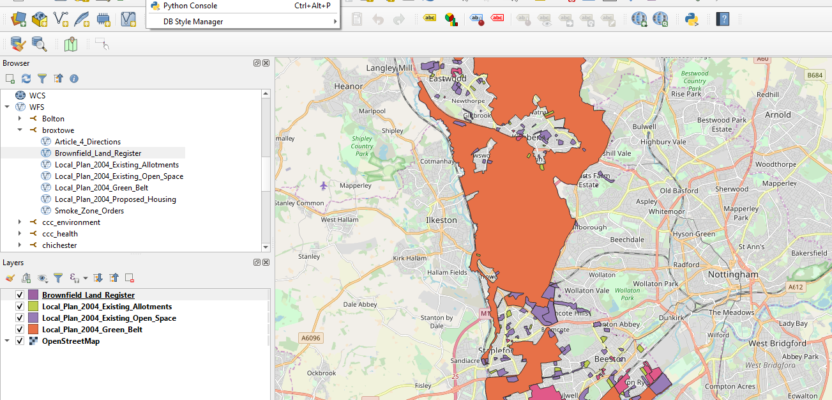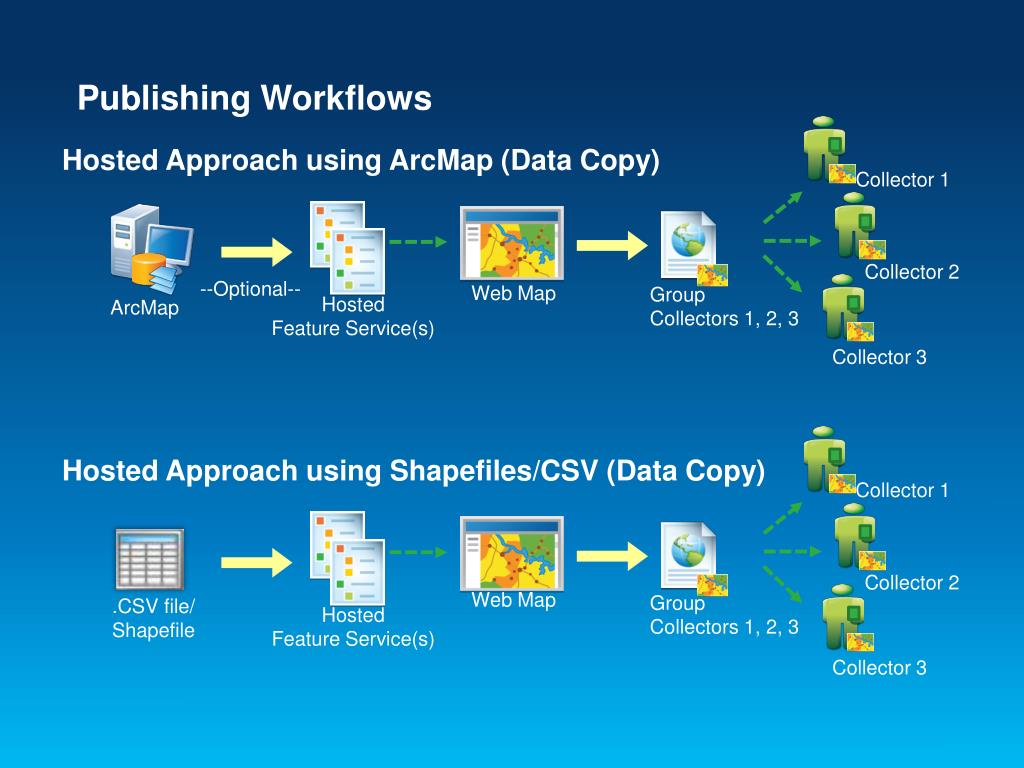

In this way, NBS multi-functionalities are assumed to propagate throughout the system without an explicit representation of their locational benefits, thus limiting the maximum potential of NBSs to mitigate cross-cutting issues within the urban fabric. While such utilities have been widely noted within the literature, traditional NBS planning prioritizes flood mitigation with less attention to co-benefits due to a lack of representative datasets. Moreover, NBSs contribute to conservation efforts by enhancing ecosystem diversity and connectivity. The UN deemed NBSs as an essential component toward achieving the Paris Agreement, providing up to one-third the necessary emissions’ reduction by 2030, and declared an NBS Climate Manifesto (2020–2030) to scale-up NBS adoption globally. NBSs also provide environmental benefits through abatement of urban heat levels, air and water quality, noise pollution, and greenhouse gasses.


In addition to mitigating stormwater, NBSs have been associated with improved mental and physical health, social vulnerability, crime rates, and economic prosperity through enhanced levels of greenspace. Common NBS technologies include rain barrels, vegetative swales, green roofs, permeable pavements, rain gardens, wetlands, native plantings, and naturalized streams. NBSs strategically incorporate natural materials, such as vegetation and soil, into the urban fabric to slow the course of stormwater flow through on-site evaporation and infiltration. As climate change and urbanization increase the frequency and severity of flooding, communities are transitioning from sole reliance of greywater systems toward hybrid green-greywater systems using nature-based solutions (NBSs). Traditional stormwater networks for mitigating flooding, known as greywater systems, are typically comprised of concrete and metal infrastructure designed to quickly transport rainfall offsite and into bodies of water. Water processes are subject to stressors from intensified climate change and human development patterns, with over two-thirds of the global population projected to reside in urban areas by 2050. We conclude with recommendations for facilitating a shared vision of transdisciplinary technologies to strengthen the amalgamation of broad co-benefits and multi-disciplinary influences in sustainability planning.įlooding is the most prevalent and influential natural disaster in the world, causing more economic damage and affecting more people than any other natural event. By placing GIS strengths and weaknesses in the context of transdisciplinary NBSs, we reveal strategic directions toward further co-production of such NSDIs. The efficacy of the proposed platform to serve as a holistic data information system is assessed by exploring important characteristics associated with geospatial NSDI tools, namely, openness, spatial functionality, scalability, and standardization. Such a platform strengthens the knowledge base necessary for addressing multiple, co-evolving issues of societal relevance, an essential component of fully espousing NBSs within the realm of socio-technological systems and improving policies and implementation regarding sustainable solutions.

This NSDI serves to foster participatory planning capabilities and integrate local sustainability goals into decision–support frameworks. This research enhances practical decision making and research by assimilating web-based datasets and describing the missing links between national policy and robust adoption of NBSs as a sustainability solution. Here, we gather and integrate robust geospatial datasets from the social, ecological, environmental, and hydrologic domains using seamless, cloud-based data services to facilitate the trans-disciplinary assessment of NBSs as a function of society and Earth. This research describes the development of a novel National Spatial Data Infrastructure (NSDI) system for NBS co-benefits throughout the contiguous United States. Comprehensive datasets for nature-based solutions (NBS), and their diverse relationships have not yet been accumulated into a deployable format.


 0 kommentar(er)
0 kommentar(er)
